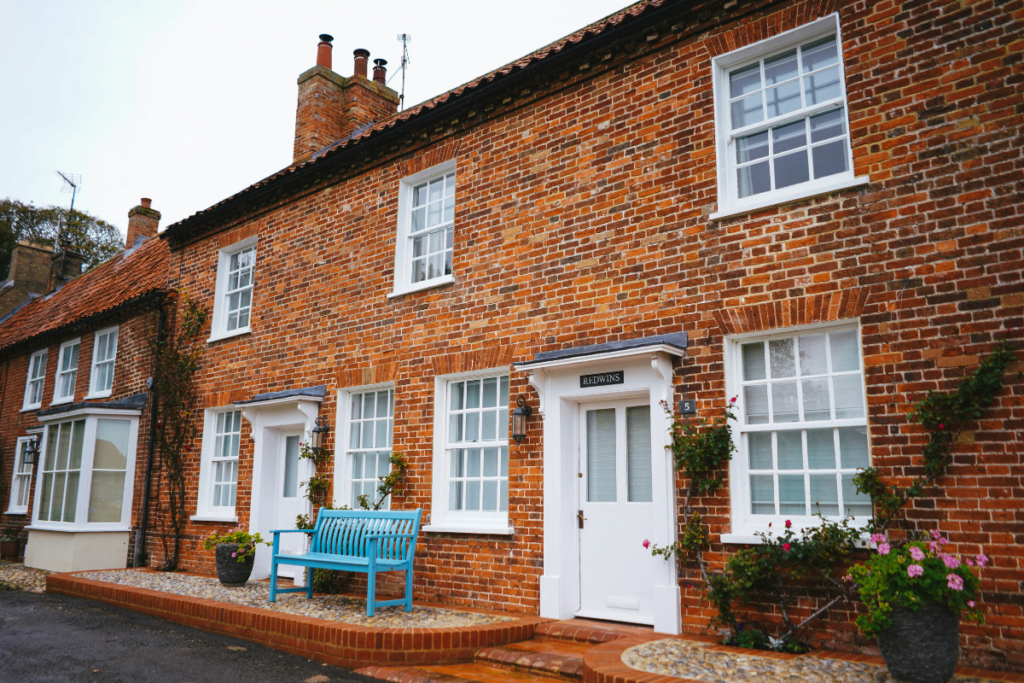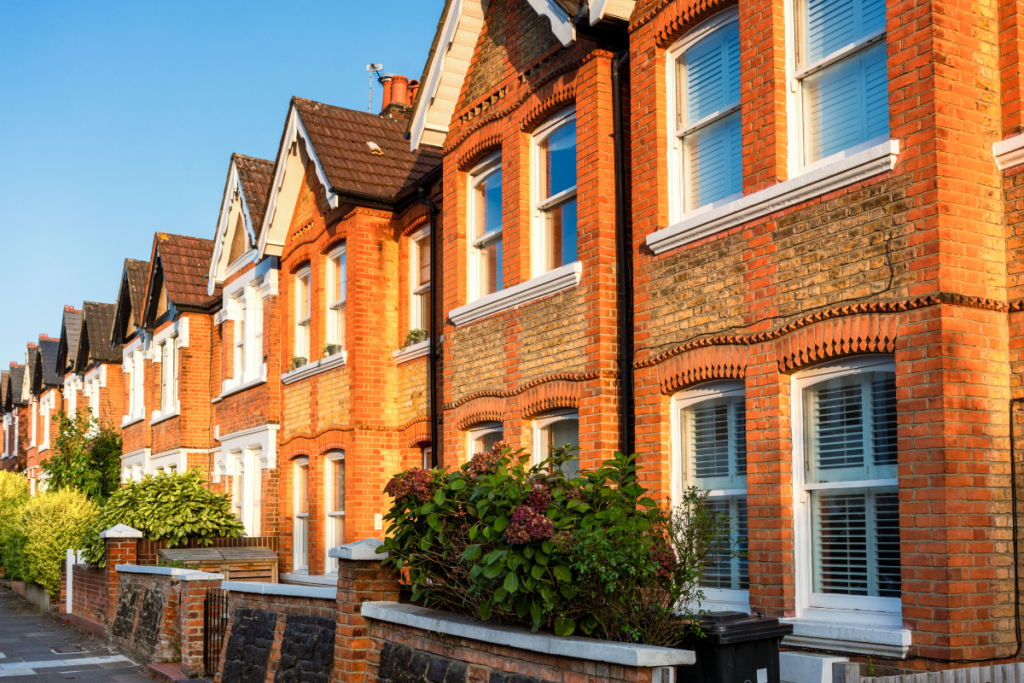As a renter, you might assume that home insurance isn’t necessary since you don’t own the property. However, your landlord’s insurance only covers the building, leaving your personal belongings unprotected in the event of damage, theft, or accidents. Home insurance for renters provides essential coverage for your possessions and can also protect you against liability if you accidentally cause damage to the rental property.
In this article, we’ll explain why home insurance is important for renters, what it covers, and how to find the right policy for your needs.
Why renters need home insurance
Renters often overlook home insurance, thinking that the landlord’s insurance will cover everything. However, the landlord’s policy typically only covers the structure of the building—not your personal belongings. This means if your possessions are stolen or damaged by fire, flood, or other events, you’ll need your own coverage to replace them.
Home insurance for renters ensures that your belongings are protected, whether they’re inside your home or stolen from outside. It also provides liability coverage if you accidentally cause damage to the rental property, like flooding the bathroom or damaging fixtures.
What does home insurance for renters cover?
Personal possessions coverage
One of the main components of home insurance is coverage for your personal belongings. This includes items like clothing, electronics, furniture, and jewellery. If these items are damaged or stolen, your insurance can help cover the cost of replacement.
Some policies also offer coverage for items outside the home, such as a bicycle stolen from the street or belongings lost while travelling.
Liability coverage
Another key part of home insurance for renters is liability coverage. This protects you if you accidentally cause damage to the landlord’s property or injure someone while they’re visiting your rental. For example, if a guest slips and falls in your apartment and decides to sue, liability insurance can cover legal costs and compensation.
Alternative accommodation
In case your rental becomes uninhabitable due to an event like a fire or flood, rental home insurance may cover the cost of alternative accommodation while repairs are being made. This ensures you’re not left out of pocket while your home is restored.
What isn’t covered by rental home insurance?
While home insurance for renters offers valuable protection, it doesn’t cover everything. Here are some exclusions you should be aware of:
- Building structure: The physical structure of the property is the landlord’s responsibility, so any damage to the building itself is not covered by renters’ insurance.
- Maintenance-related issues: Damage caused by general wear and tear, or issues the landlord is responsible for maintaining, won’t be covered by your policy.
- High-value items: Some policies have limits on high-value items like expensive jewellery or antiques. You may need additional coverage or a separate policy to fully protect these possessions.
How to choose the right home insurance for renters
Compare policies and coverage limits
When choosing rental home insurance, it’s important to compare different policies to find the one that suits your needs. Look at coverage limits for personal possessions and liability to ensure they align with the value of your belongings and potential risks.
Check for exclusions and add-ons
Every policy is different, so check for any exclusions that might affect you. For example, if you own high-value items or work from home, you may need additional coverage. Look for add-ons that can extend your protection, such as accidental damage or cover for belongings outside the home.
Consider the excess
The excess is the amount you’ll pay out of pocket before your insurance kicks in. When comparing rental home insurance, make sure the excess is affordable and reasonable based on the value of your belongings. A higher excess can lower your premium, but make sure it’s not too high to be a burden when making a claim.
Final thoughts
Home insurance is an essential safeguard for anyone living in a rented property. While your landlord’s insurance protects the building, it won’t cover your personal possessions or liability for damage you may cause. By choosing the right renters’ insurance, you can protect your belongings, avoid financial setbacks, and gain peace of mind knowing you’re covered in case of accidents or theft.
Start comparing home insurance providers today to find a policy that meets your needs and protects your valuables.



